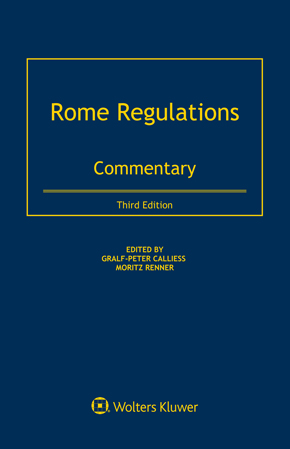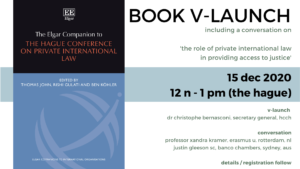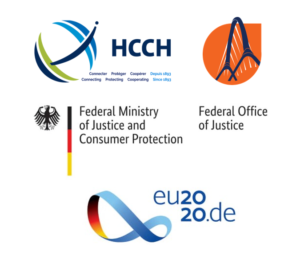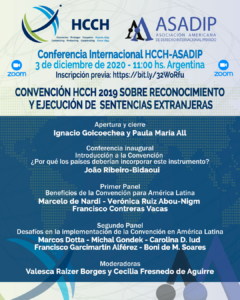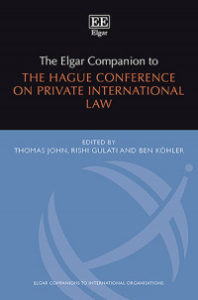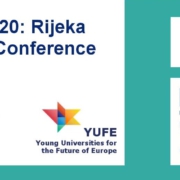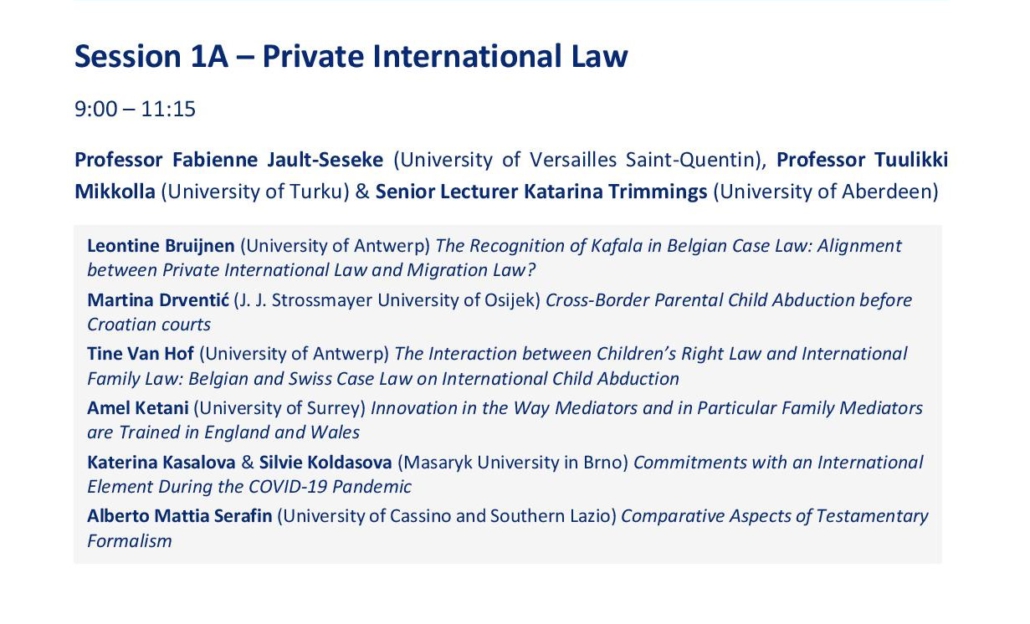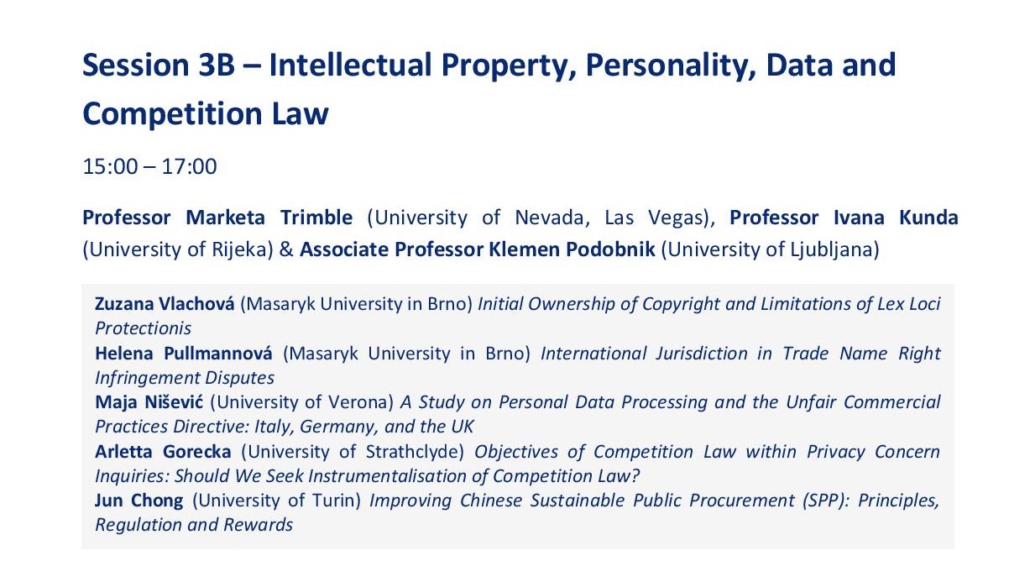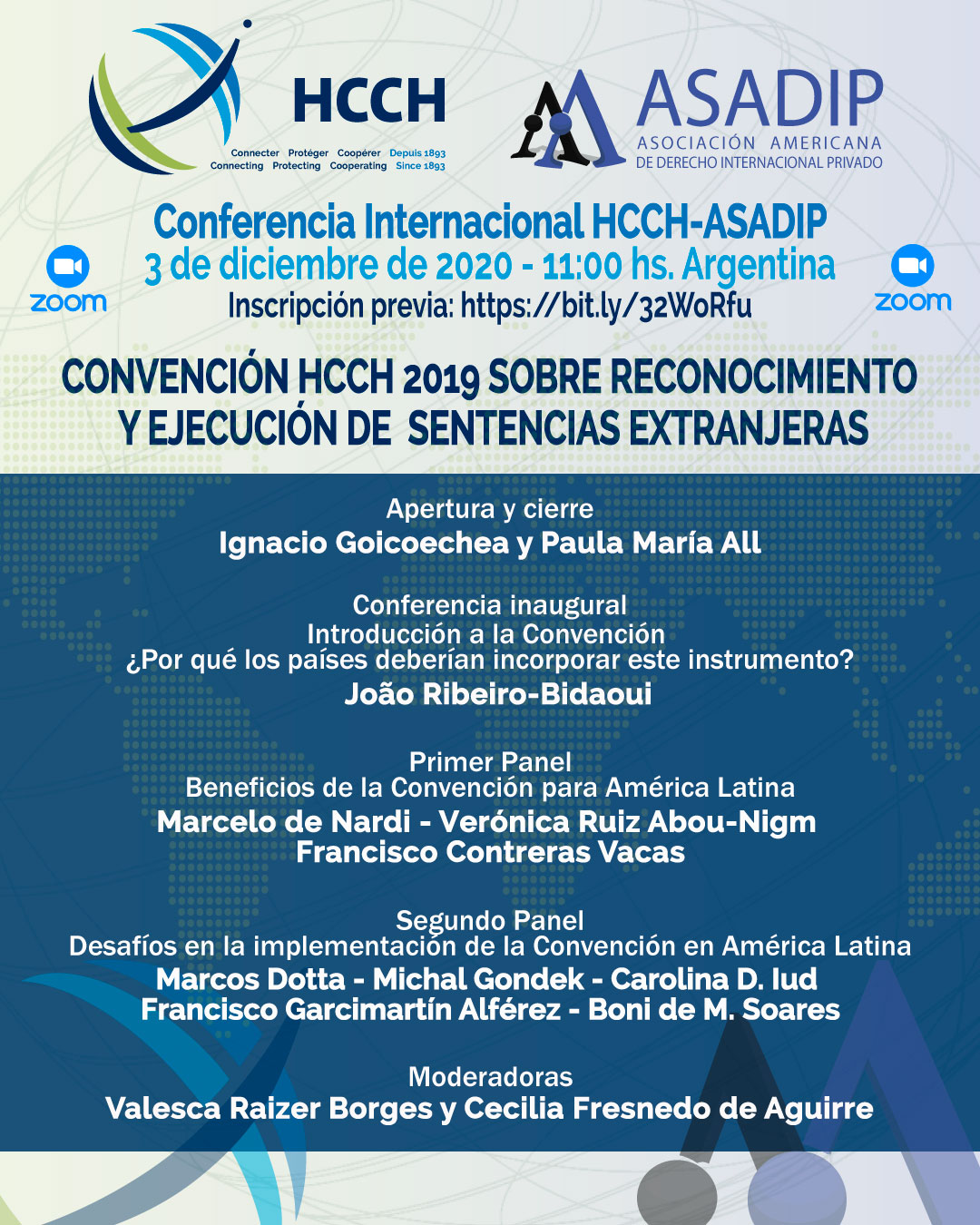
Access to justice is not a new topic. Since Mauro Cappelletti and Bryant Garth’s survey of different methods to promote access to justice was published (Access to Justice. A World Survey (Giueffre SIJTHOFF 1978), making access to justice cheaper and effective has become a legal policy (see for instance The Right Honourable the Lord Woolf report on Access to Justice, 1996). One of Cappelletti and Garth’s ideas was that there were three waves of access to justice. The third wave, called ‘The Access to Justice Approach’, stated that arbitration would play a significant role in fomenting access to justice. The idea was that people would seek alternatives to the regular court system. Arbitration has grown exponentially since the publication of Cappelletti and Garth’s work, reaching disputes that were traditionally only decided by courts. The guarantee of adequate access to justice is now generating questions about the impact of this expansion. For purely commercial arbitration, such as one between two multinational companies represented by multinational law firms, waiving some rights of access to justice might not create a problem to the fairness in the arbitral procedure. However, in a dispute in which the inequality of bargaining power is evident, for arbitration to be fair and a trustworthy sustainable dispute resolution method, waiving rights to access to justice might not be the best way forward.
With the above ideas in mind, this book aims at presenting a collection of studies about access to justice in arbitration to present, for the first time, in one single title, an analysis of the role access to justice plays in arbitration. The book makes a unique contribution to the current international research and practice of arbitration as it looks at the conceptual contribution to the notion of access to justice in arbitration; and it provides a picture of how access to justice works in various types of arbitration. In five parts, the book will show the concerns about access to justice in arbitration, how they are materialised in a practical scenario and finally, how it is applied in arbitral institutions.
The book’s first part brings a conceptual contribution to the notion of access to justice in arbitration and deals with theoretical and conceptual gaps in this area. Leonardo V.P. de Oliveira starts with a conceptual analysis of access to justice and how it should be applied in arbitration. Clotilde Fortier looks at consent as the central part of arbitration and how it relates to access to justice. Joao Ilhão Moreira examines if arbitration can provide a fair, independent and accessible dispute resolution mechanism outside large contractual disputes and Ramona Elisabeta Cirlig assesses the interaction between courts and arbitral tribunals as a guarantor of access to justice.
The second part of the book discusses two specific points in investment disputes. Berk Dermikol looks at the possibility of bringing an autonomous claim based on the NYC in investment treaty arbitration as a form of access to justice. Crina Baltag evaluates the issue of access to justice and non-disputing parties – amici curiae– in investment law and arbitration.
In the third part, access to justice in specific types of disputes submitted to arbitration is scrutinised. Carolina Morandi presents a case study of access to justice in labour and employment arbitration in light of the Brazilian and the US experiences. Ian Blackshaw looks at how sports disputes submitted to CAS have been dealing with the question of access to justice. Johanna Hoekstra and Aysem Diker Vanberg examine access to justice with regards to competition law in the EU with a view to determine whether arbitration can lower barriers. Lastly, Youseph Farah addresses the use of unilaterally binding arbitration as a mechanism to improve access to justice in business-related human rights violations.
Part four reports on two aspects of technology and access to justice. Mirèze Philippe looks at ODR as a method to guarantee access to justice whilst Sara Hourani investigates how Blockchain-based arbitration can be used to improve access to justice.
Lastly, the book presents the view of how two arbitral institutions deal with the question of costs and access to justice, and how the rules of one arbitral institution provide access to justice guarantees. Aislinn O’Connell assesses access to justice under WIPO’s Arbitration Rules whilst Christine Sim examines costs at SIAC and Duarte Henriques and Avani Agarwal do the same in relation to ICSID.
